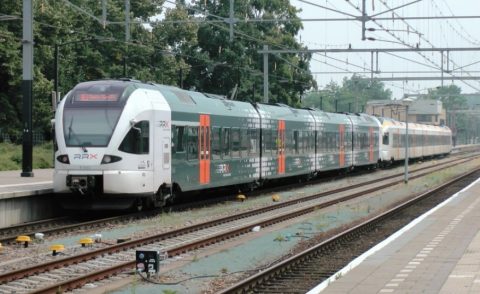
Analysis
Can cross-border ticketing become European?
RRX train 2022, Frédéric de Kemmeter
Cross-border rail traffic is a recurring topic and receives a lot of attention. Or not enough, as the case may be. Good intentions to simplify things often come up against very heavy legal regulations for cross-border rail operations. On top of that, each operator develops its own IT system, which makes a common distribution difficult.
Want to read more?
You have read all of your free premium articles for this month. Please become a subscriber to keep reading.
Subscribe now!
Take advantage of our exclusive offer to get full access to all premium content.




I believe that national passes like the 49 Euro-monthly ticket planned in Germany do actually cover the whole route to the border, or from it. The only problem is that it will not be possible to buy single tickets for the rest of the distance, not from the first boder station, i the neighbor countries. Some other special ticket, that nom
Not true that “rail operators can only sell within the national territory – and their area extends to the last station before the border”, but to the border.